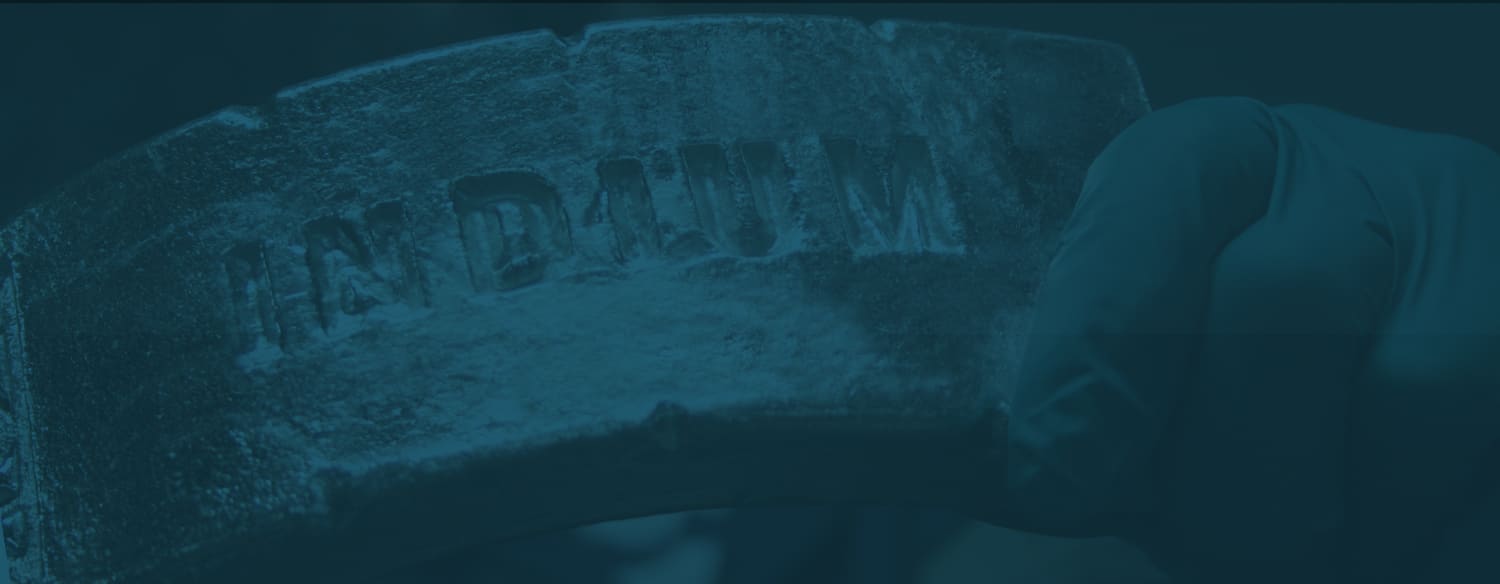Colleen Bierstine: Hello, I'm Colleen Bierstine, Marketing Communications Specialist at Indium Corporation. Today I'm here with Jim Hall, Phil Zarrow, and Ron Lasky, the creators of the SMT Processes Certification Program. Ron, can you tell me how you three thought to develop this program?
Dr. Ronald C. Lasky: Well, it's about in 2001, the three of us were at dinner... We've been in hundreds of factories worldwide, helping people try to improve their processes, and one of the things we always notice is that a lot of the engineers don't really know the fundamentals. So we got the idea of having a workshop in which we would teach them some of the fundamentals, hoping they go in with some background, and then there would be an exam, and if they pass the exam they would be certified. We discussed this with Joann Stromberg of SMTA, and a short time later, in October of 2002, the first certification workshop was executed in SMTAI.
Colleen Bierstine: Phil, what are the benefits of being certified?
Phil Zarrow: Most important, certification helps you do your job better, and in priming for certification, as Ron said, we review the fundamentals so you're going to fill in a lot of gaps. I should also add, doesn't look bad on your resume.
Colleen Bierstine: Definitely. Jim, can you tell us about the workshop? How long is it, and what's the format?
Jim Hall: The workshop takes three days, Colleen. The first day and two-thirds is teaching, reviewing the fundamentals, answering questions. The last two hours of day two and the entire third day are devoted to the exams.
Colleen Bierstine: Now, Phil, I understand that the SMTA certification is not an entry level program, so who's the intended audience?
Phil Zarrow: That's correct, Colleen. Typically, our candidates have a two-year degree as a minimum, but there are exceptions. What we're really looking for is practical experiences in manufacturing, in the process, processes, methods, materials, the equipment. We like to say that we're looking for people with solder paste under their fingernails.
Colleen Bierstine: Jim, what does the curriculum cover?
Jim Hall: We try to cover all the fundamentals starting with a simple description of, "What is electronic assembly? What is soldering?" Then we get into the inputs, printed circuit boards, and components. We have, I think, a very good integrated section on solder paste, stencil, and printing, which is considered to be the most critical process. We try to emphasis all the inter-relationships. We cover all the soldering techniques and test and inspection.
Colleen Bierstine: Ron, what is the exam like?
Dr. Ronald C. Lasky: As Jim pointed out, the first one and two-thirds days is teaching. The last of the second day – the last third – is devoted to the closed-book exam. There're certain things that we just believe that people should have in their head, that they shouldn't need to refer to a book. That covers that material. Then the entire third day is an open-book exam which covers the rest of the material in the course.
Colleen Bierstine: Jim, where is the certification offered? What are the fees and what's provided?
Jim Hall: The fees are $1,195 for members of the SMTA and $1,360 for nonmembers. As Ron pointed out, it's always offered, every year, at SMTAI in the fall. We also offer it in a public forum three times through North American and usually once in Canada. We have Spanish language instruction in Central America, which is growing year by year, and Chinese language instruction in China and Southeast Asia. We also offer it in-house for any company that wants to do it exclusively for their employees.
Colleen Bierstine: That's very interesting. Ron, I understand a handbook was developed to help students. Can you tell us about it?
Dr. Ronald C. Lasky: Yes, Colleen. Just a few years ago, Jim and I, with Phil's blessing, wrote a book using the material in the course and it was intended first for the people that were taking the course, but we found that it's a really good handbook for all engineers that are working in SMTA assembly.
Colleen Bierstine: Jim, Phil, Ron, thank you for filling us in on the SMTA Certification Process Program. If anyone's interested in more details, you can go to the link below.


